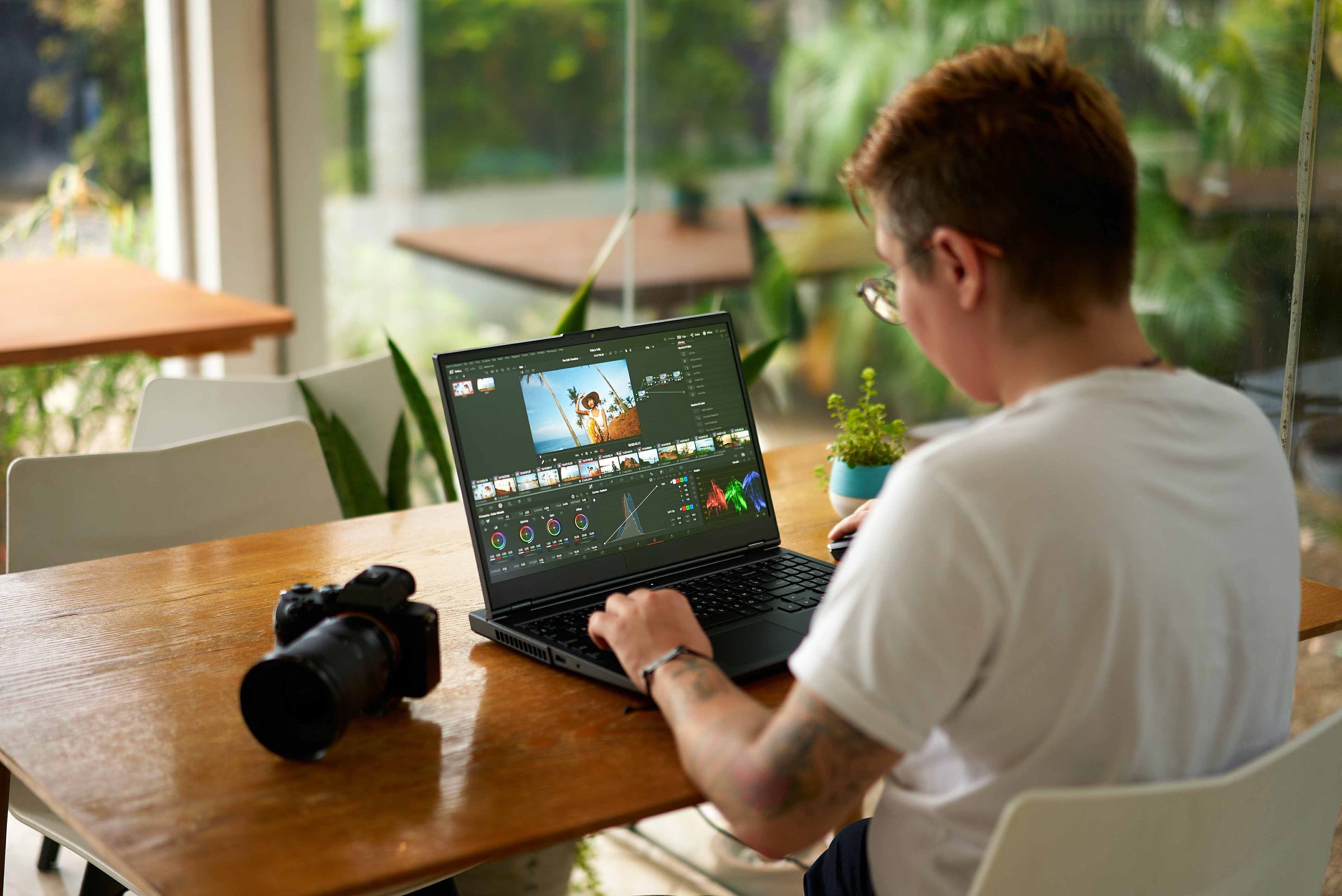Microsoft's AI-Powered Recall Feature Returns: What You Need to Know

Its been nearly a year since Microsoft initially unveiled its innovative AI-powered feature known as Recall, only to retract it shortly thereafter. This software, designed to automatically capture screenshots of everything on your screen, is making its much-anticipated return to Copilot+ PCs. As Microsoft prepares to roll this feature out once more, it is crucial to be informedwhether you're planning to use Recall yourself or if you have friends, family, or coworkers who might.
In a recent blog post detailing the new Windows Insider build KB5055627, Microsoft announced that Recall would be gradually available to beta users over the coming weeks. This feature, which was first demonstrated back in May 2024, can take screenshots across a wide range of applications, web pages, and documents. The software then utilizes on-device AI technology to analyze the images, allowing users to search through their screenshots and quickly return to specific pages with a simple click. For those who often forget the websites or documents they accessed previously, Recall could indeed prove to be an invaluable tool.
However, Recall is not without its caveats. According to the features informational page, it requires a significant portion of storage space, as it dedicates itself to accommodating the continuous influx of screenshots. For users equipped with a solid-state drive (SSD) of 1 TB or larger, the program will reserve approximately 150 GB exclusively for this purpose. Users also have the option to determine how long they want their screenshots to be stored, with these settings being adjustable under the Privacy & Security section in Recall & Snapshots.
With functionality comes concern, particularly surrounding user privacy and data security. Recall was originally pulled back when cybersecurity experts identified critical vulnerabilities within the system. These flaws allowed any user with access to the PC to read the AIs extracted information, raising alarming issues regarding the potential exposure of sensitive data, including bank accounts and social security numbers. In response to these concerns, Microsoft has revamped Recall, implementing stricter security measures. Users will now be required to enroll in Windows Hello biometric or PIN authentication to access the stored screenshots. Moreover, options to pause the screenshot feature or filter out specific applications or websites (currently limited to Edge, Firefox, Opera, and Chrome) are now available. However, some reports from last year indicated that Recall struggled to recognize sensitive information such as bank details, putting the onus on users to carefully manage their settings and ensure sensitive pages are marked as off-limits.
Upon upgrading to the new version, users will be prompted to decide whether to enable or disable Recall during their initial device startup. Disabling the feature can be done by searching for Turn Windows features on or off in the Windows 11 taskbar and then unchecking the Recall option. For those with poor memories or lacking organizational skills, this feature may seem particularly appealing. Having tested the software in its initial iteration, I found it user-friendly and effective, though, like all on-device AI search tools (similar to Google Photos), it may inadvertently surface documents or images that you would prefer to keep private.
This brings us to a significant point of concern for many security-focused Windows users. Even if you decide to ignore Recall, tech-savvy users in your circle might choose to enable it, exposing sensitive information that could be shared with them through text or email. As security blogger Em noted in a post on Mastodon (as reported by Ars Technica), if you send sensitive documents or family photos to a less tech-savvy family member, they could unknowingly be capturing everything you share, including passwords or personal images, without your awareness.
While users concerned about privacy should ideally refrain from transmitting sensitive information via unsecured channels such as standard text messages or emails, the reality is that many will continue using familiar platforms like Discord or Messenger. Its essential to recognize that Microsoft cannot assume that every user will be a privacy guru. This feature might not raise as many eyebrows if Recall were disabled by default, requiring users to actively enable it in the settings, or if it were available as a separate download. Personally, while I might consider using Recall, I certainly wouldn't want it on my home PC, especially since that 150 GB of storage could be better allocated to my gaming librarywhere the space could easily equate to an entire game like Baldurs Gate III.













